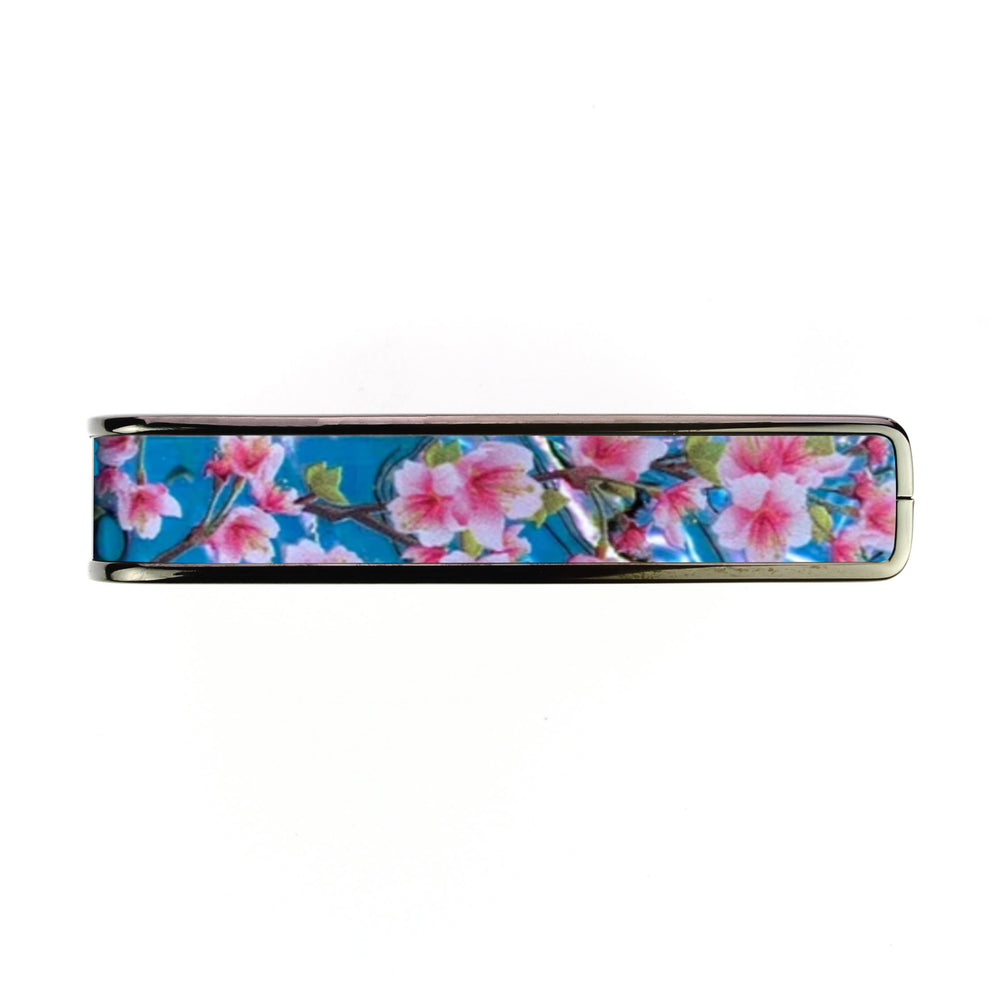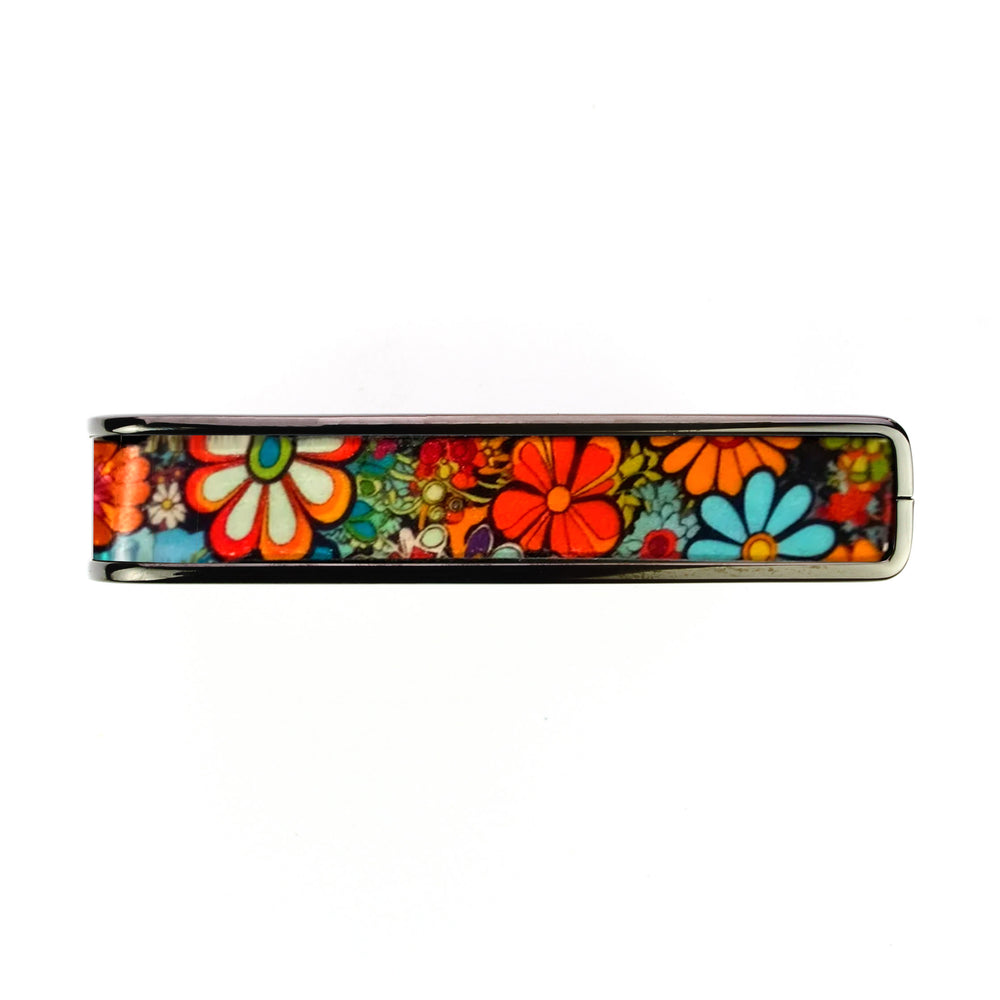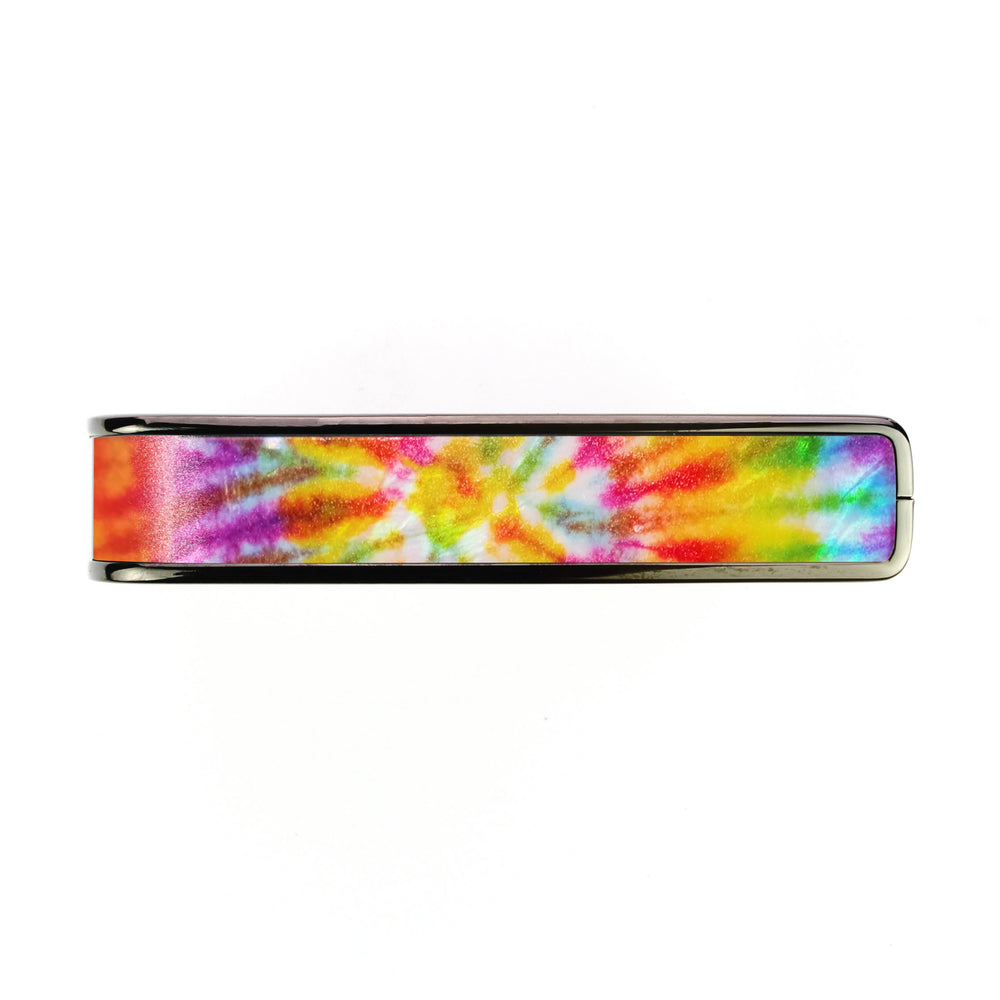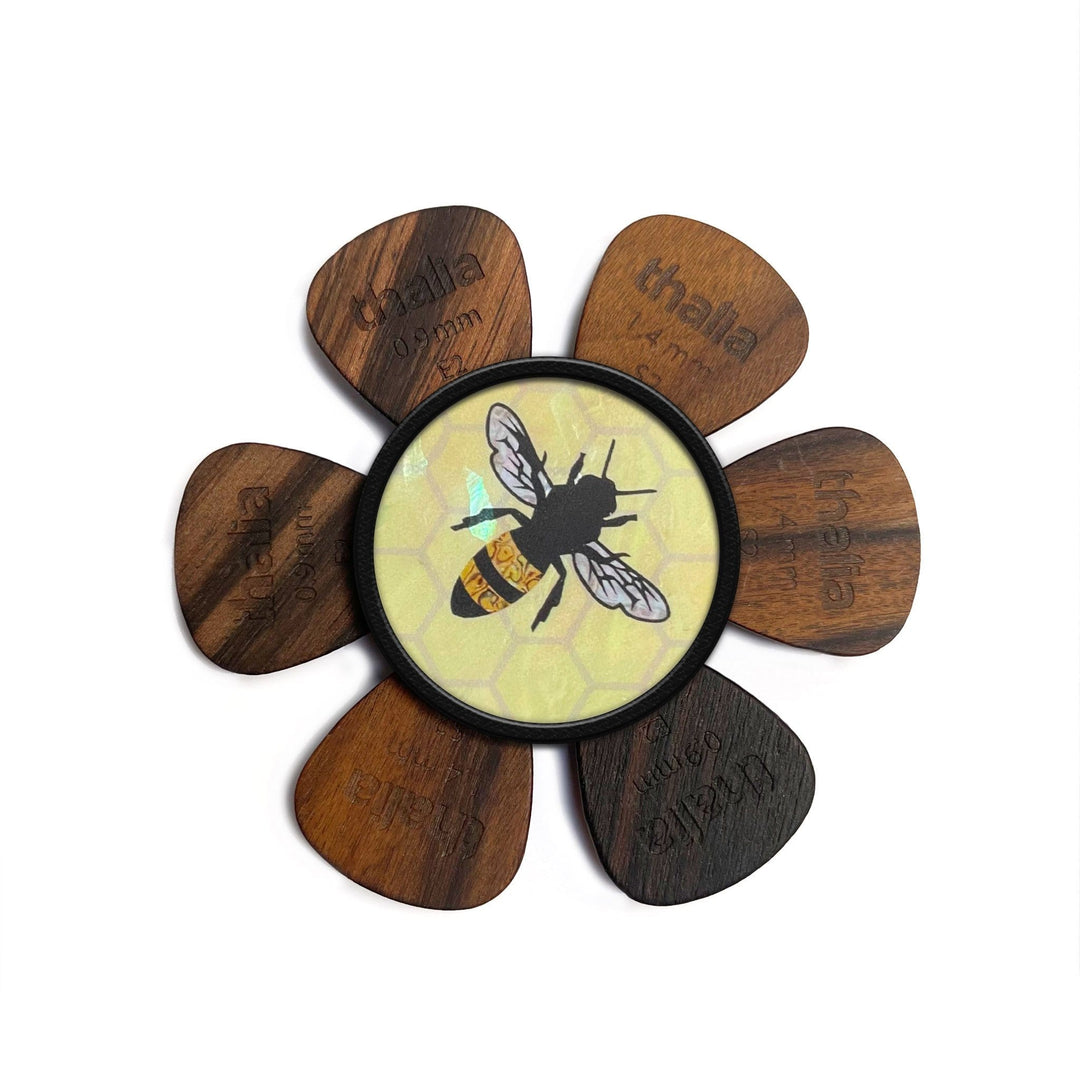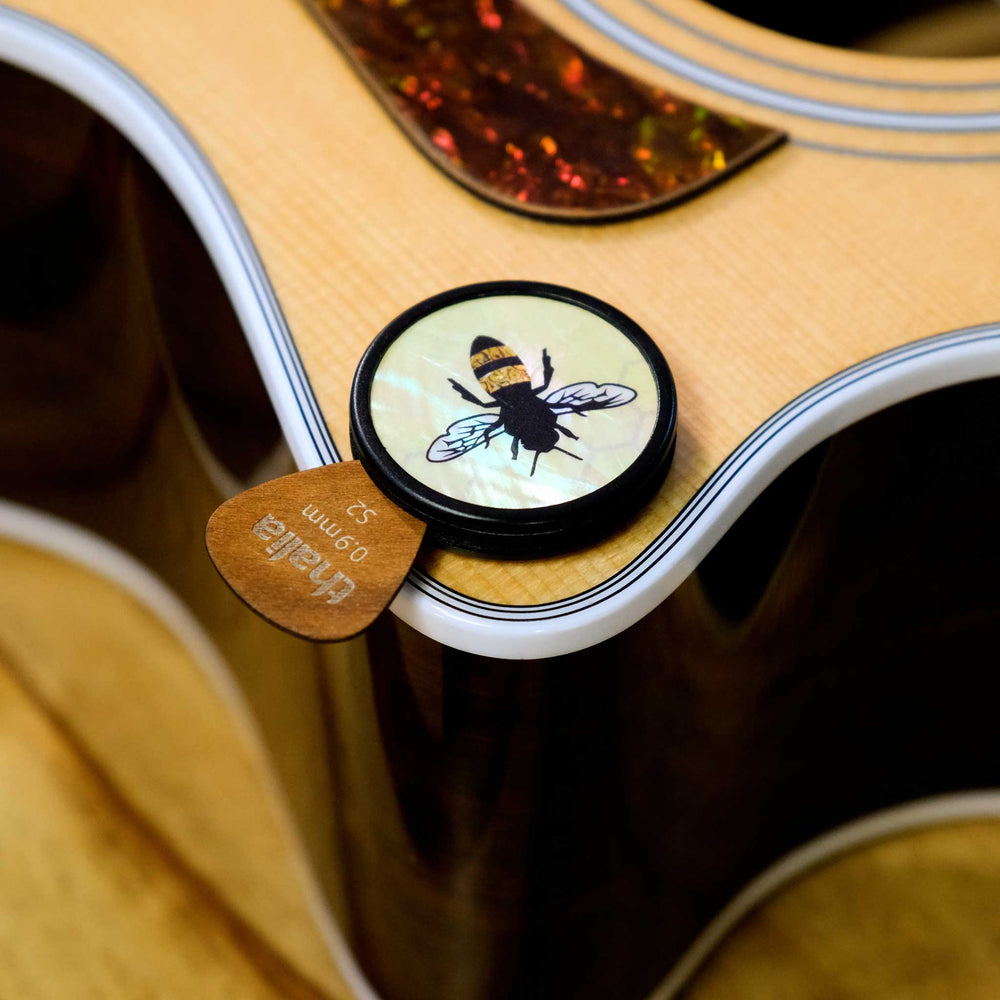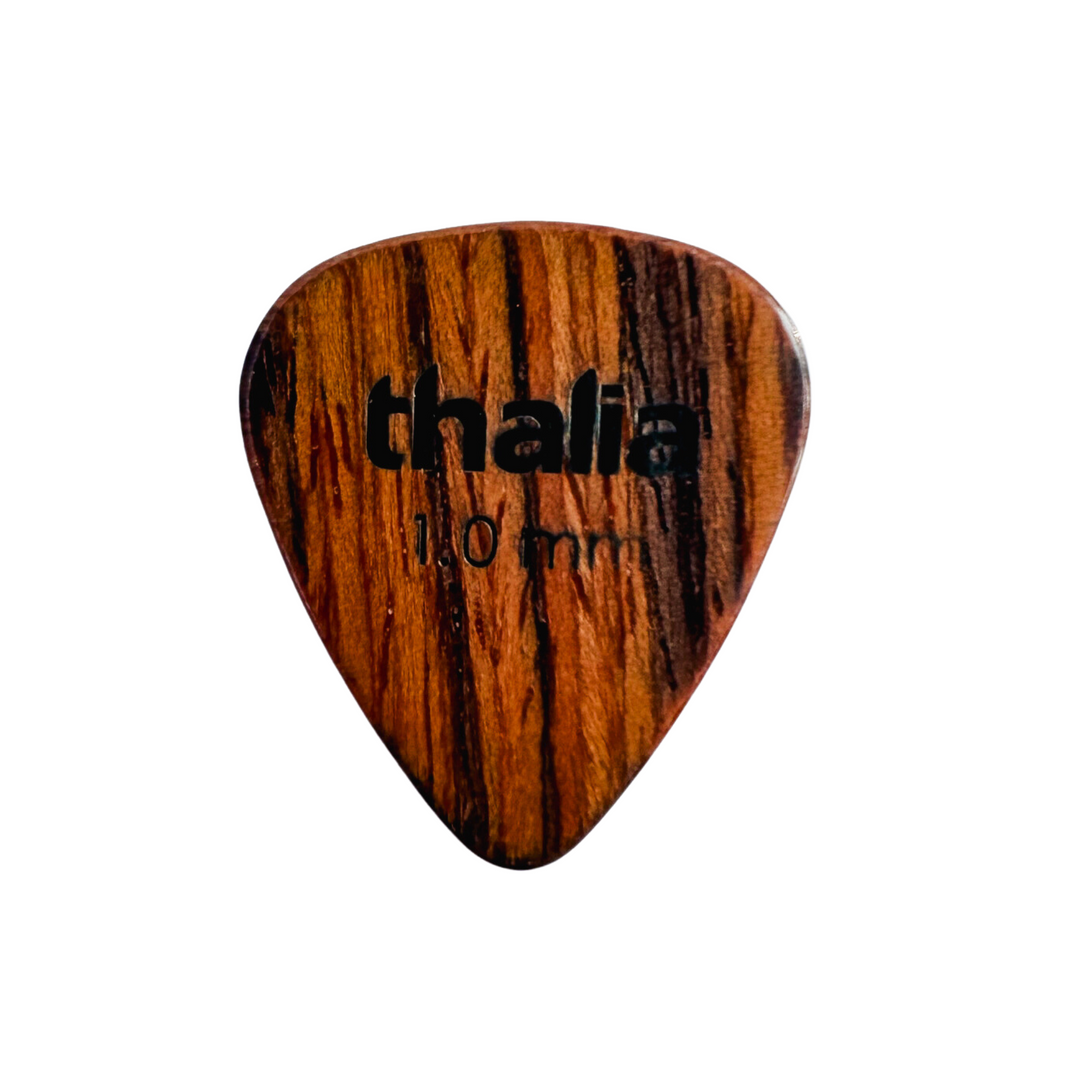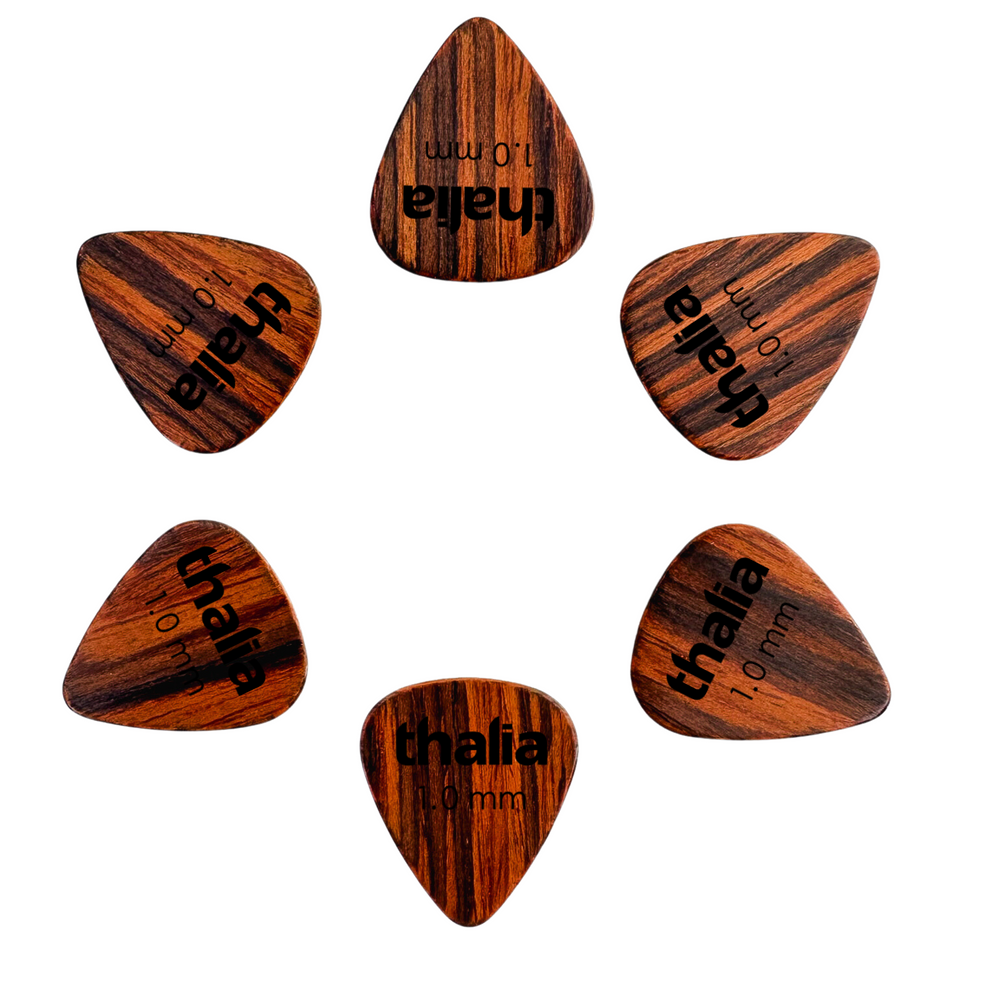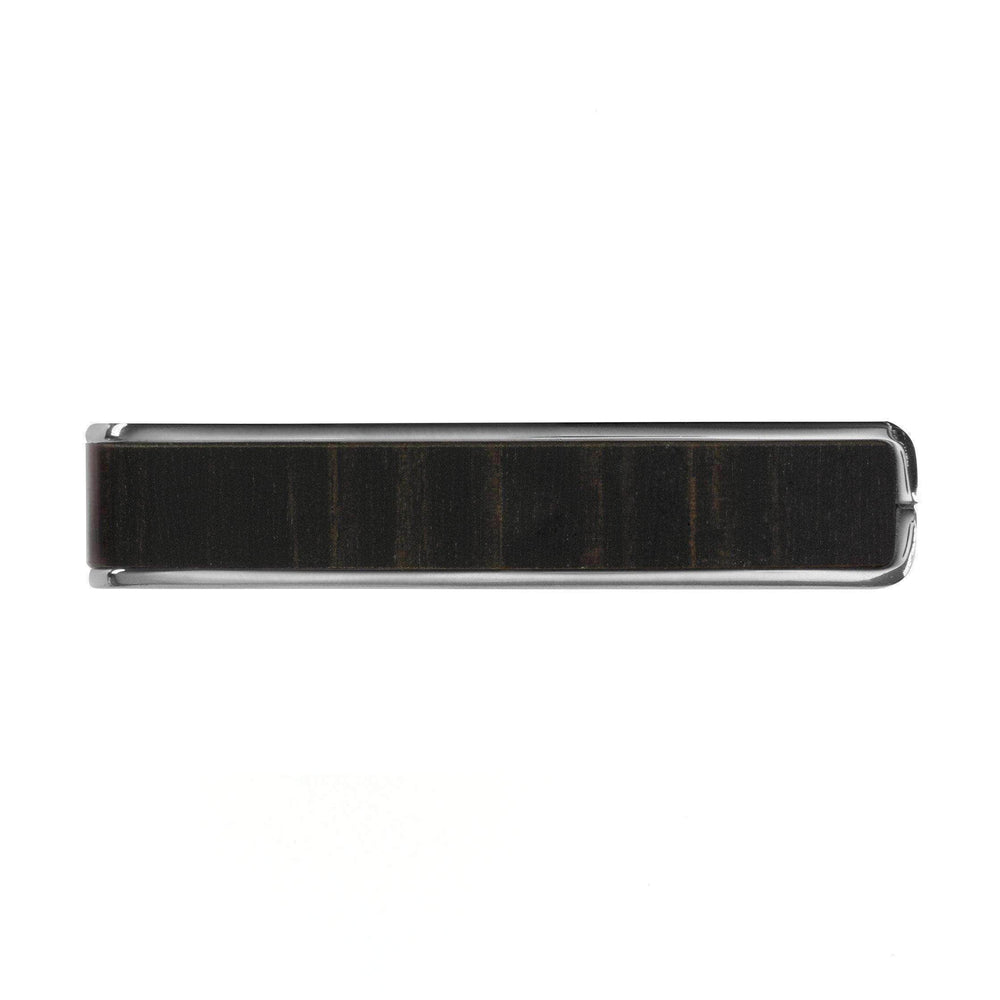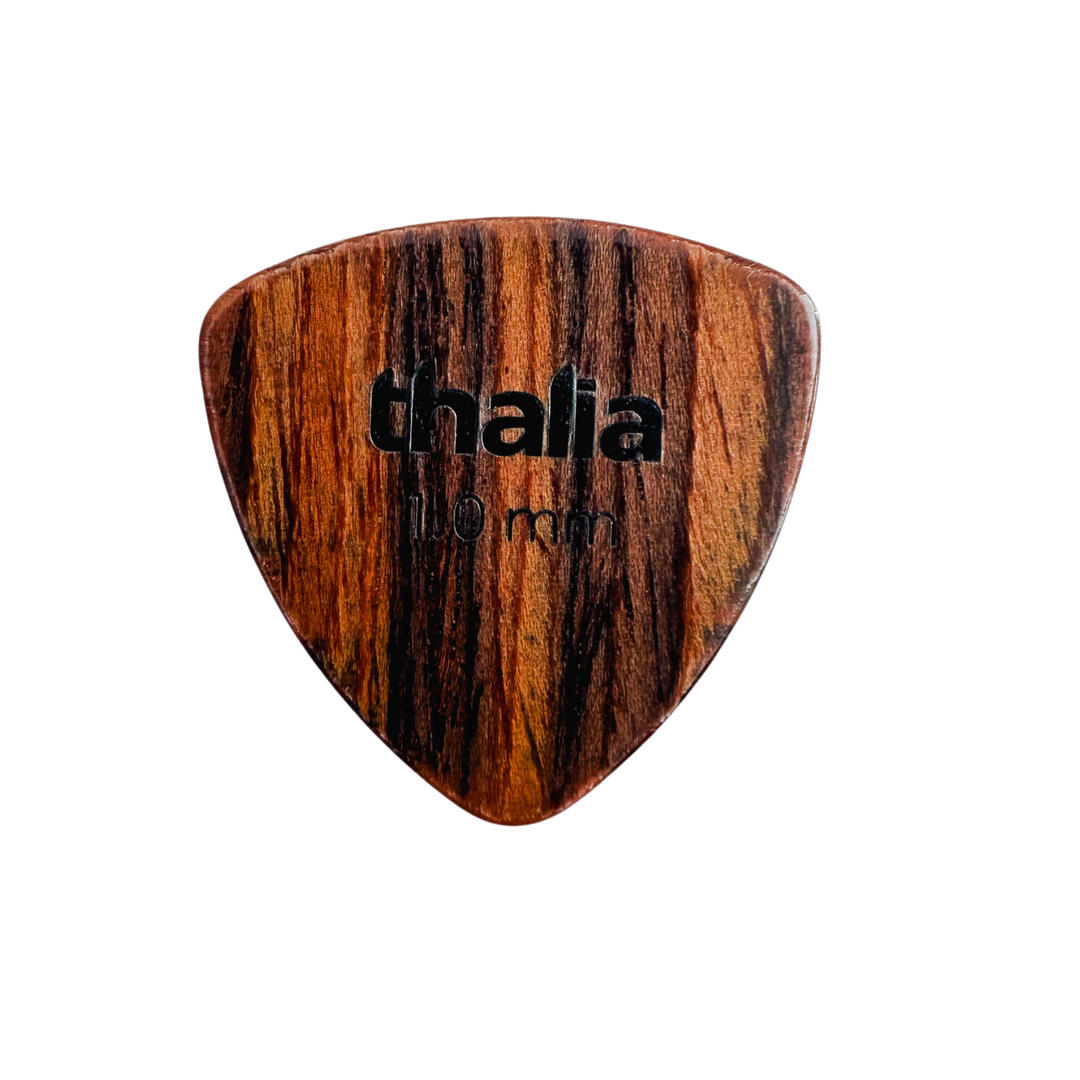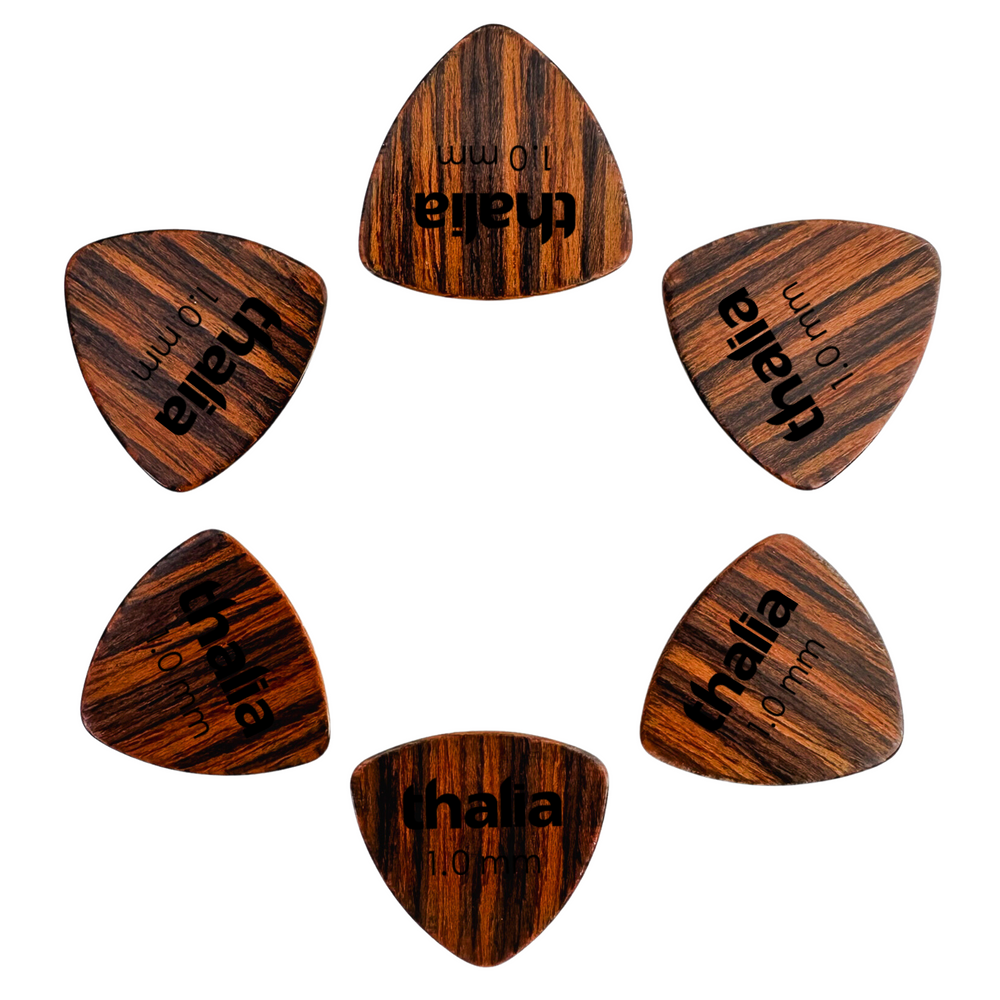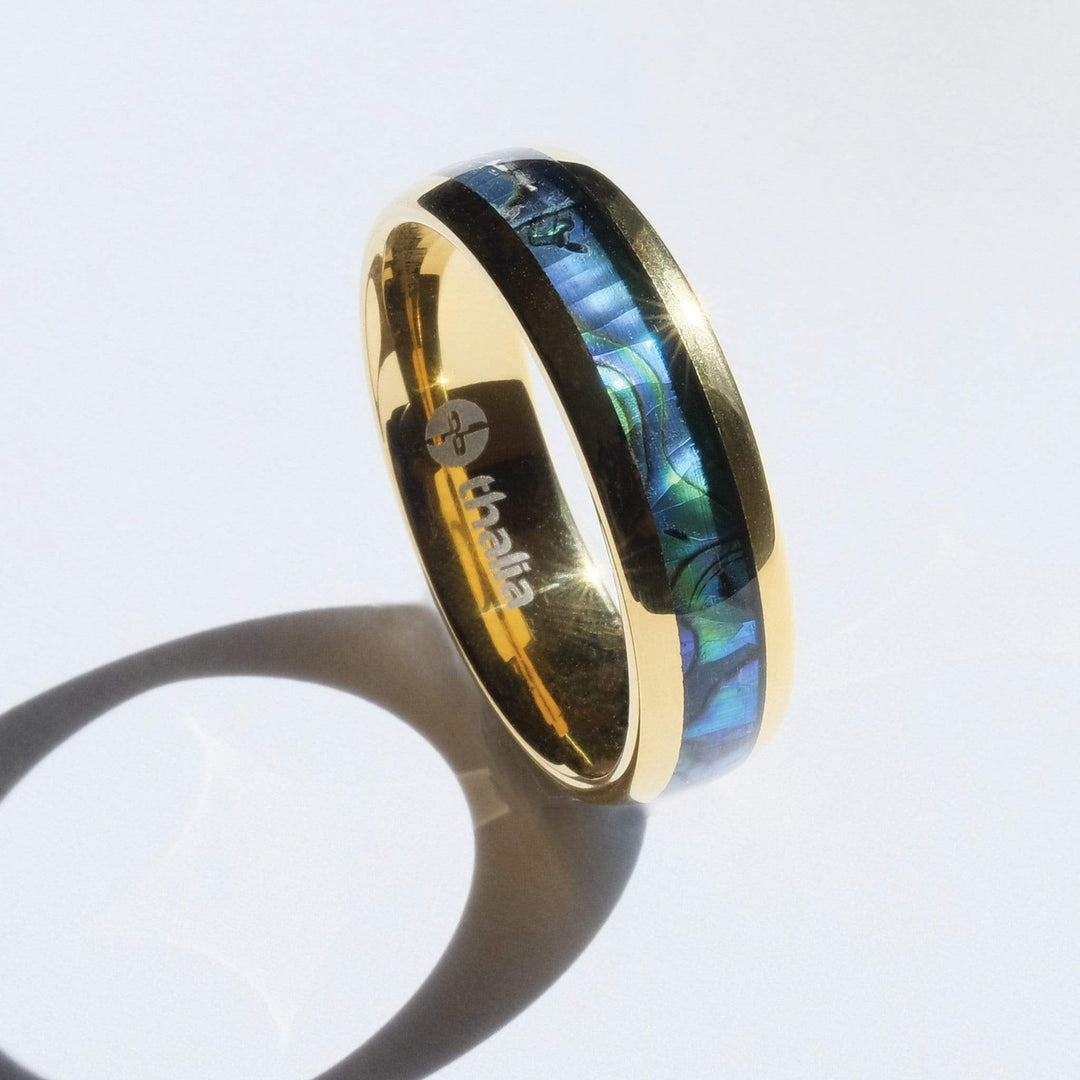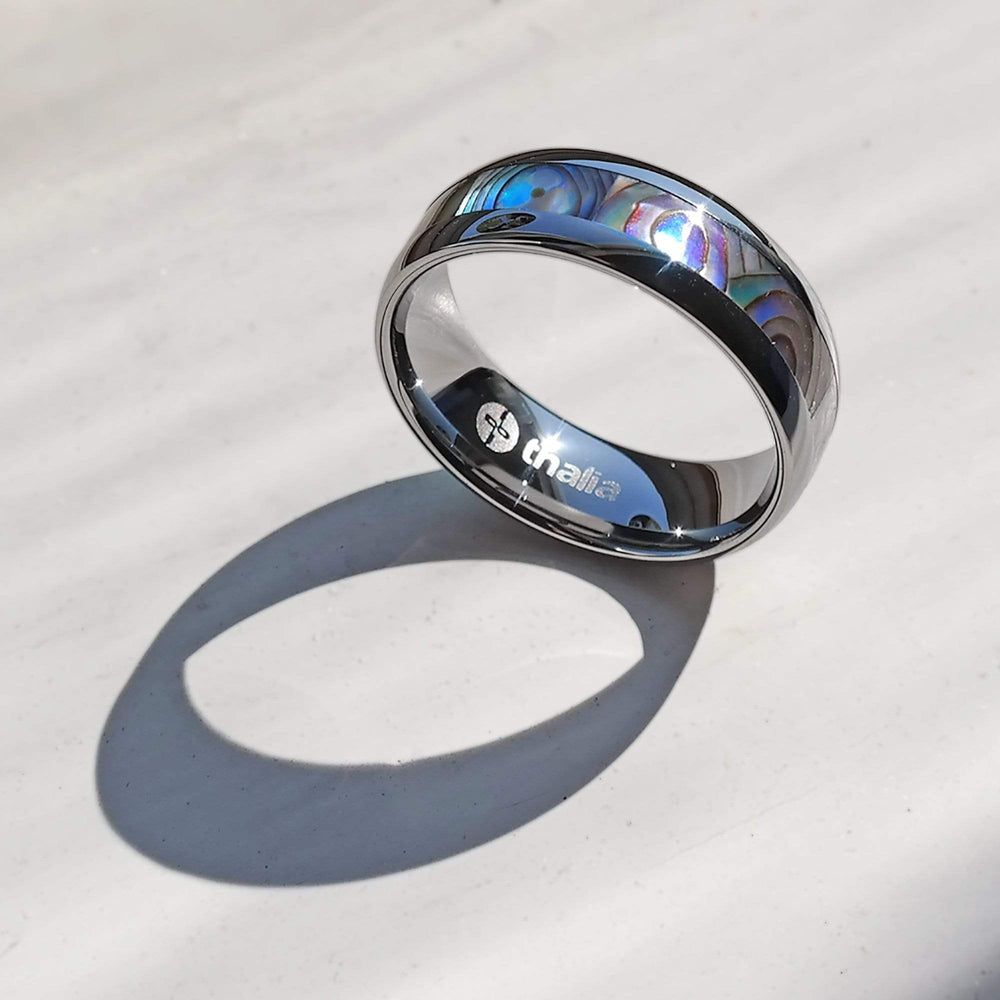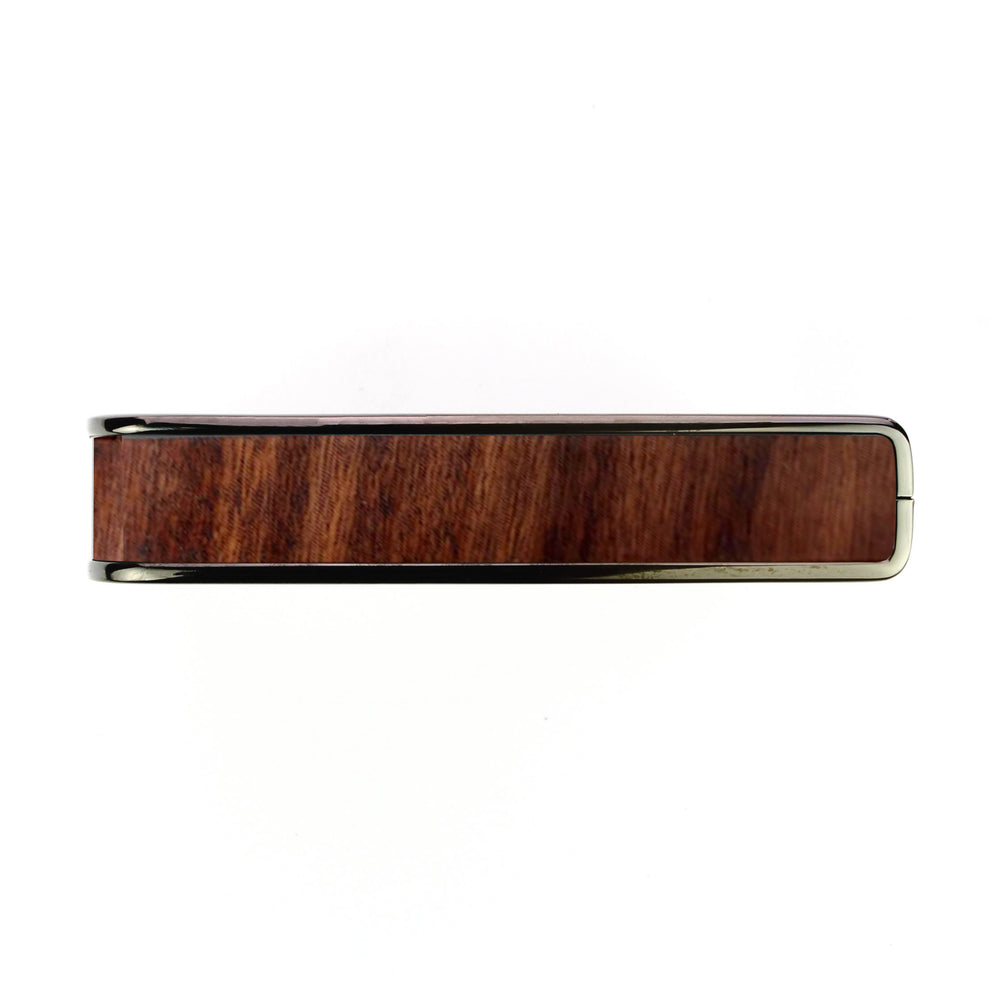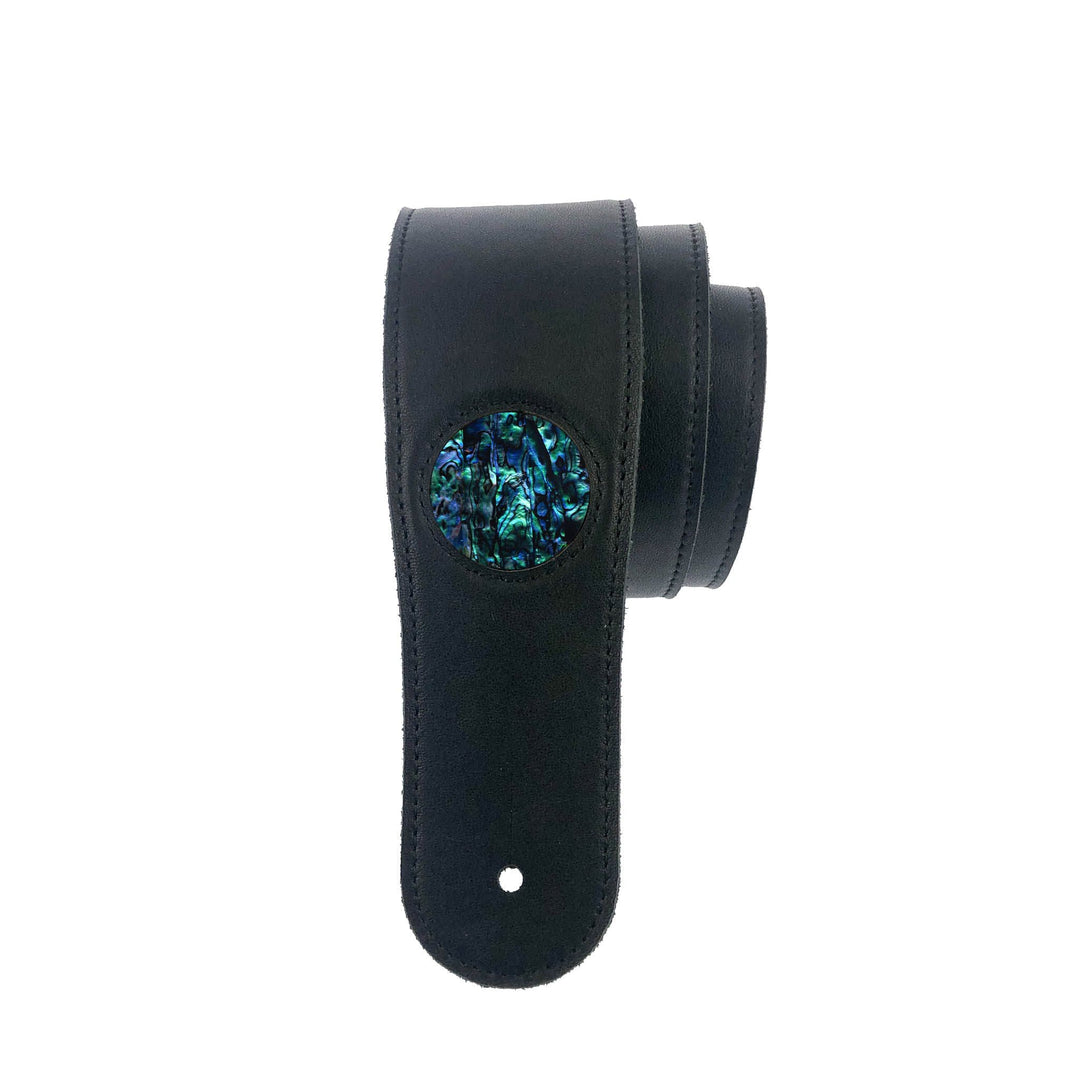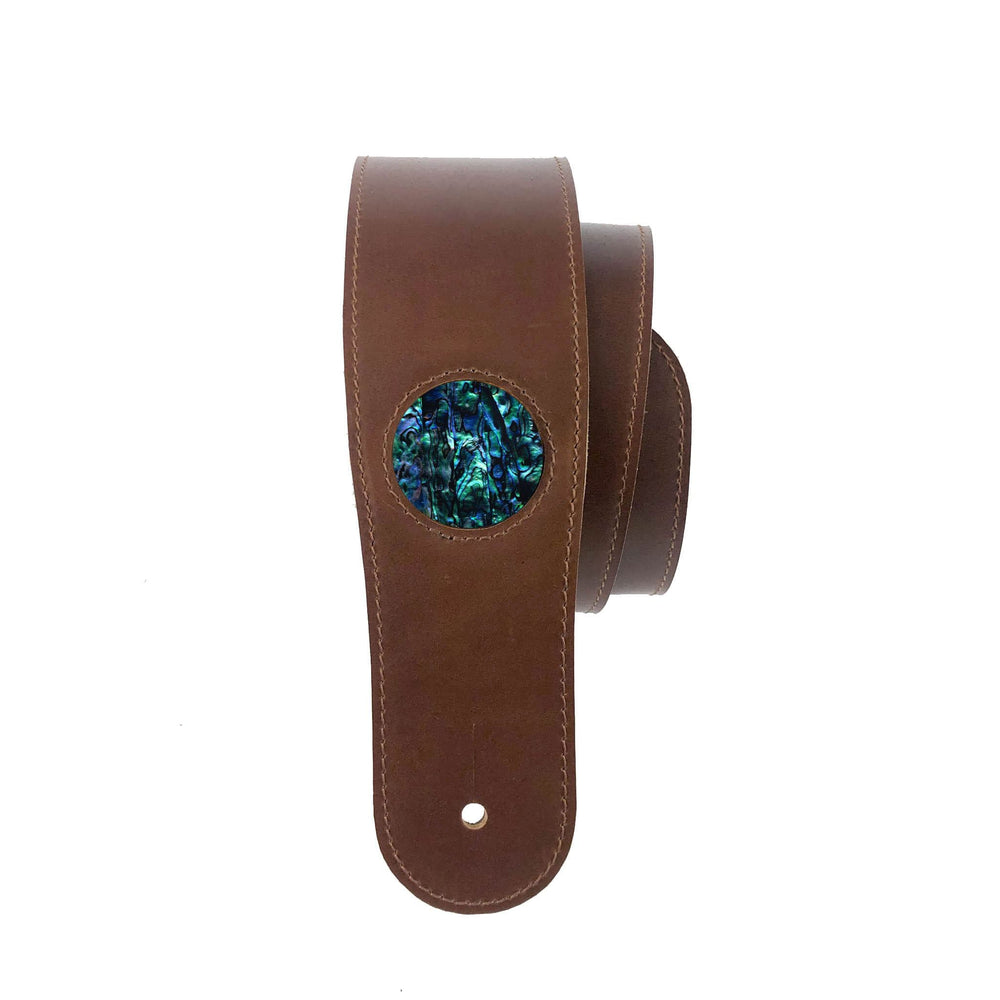MTV Unplugged, Martin, and the ‘90s Acoustic Revival (Part One)

We’re living in a great time for acoustic music. Fingerstyle guitar is thriving, and outlets like YouTube give exposure to new guitarists on a regular basis.
 But, this wasn’t always the case. In the ‘80s, when synths and electronic sounds reigned supreme, some thought the humble hollow-bodied six-string would go the way of the dinosaur.
But, this wasn’t always the case. In the ‘80s, when synths and electronic sounds reigned supreme, some thought the humble hollow-bodied six-string would go the way of the dinosaur.
That was, until MTV Unplugged hit the airwaves. The format propelled stripped-down acoustic music into the mainstream and thrust the acoustic guitar back into popular consciousness.
In the next two articles, we’re exploring the history of MTV Unplugged, some of the legendary performances featured on the show, and the special relationship that Martin Guitars had with the program.
If you want to trace the origins of the MTV Unplugged format, you’ve got to look back to The Secret Policeman’s Ball: the series of benefit shows produced for Amnesty International in the late-1970s and early-1980s. For the 1979 show, benefit producer Martin Lewis persuaded Pete Townshend to perform the Who’s hits “Pinball Wizard,” “Drowned” and “Won’t Get Fooled Again” sans band (he was joined on “Won’t Get Fooled…” by John Williams). The performances had a notable impact with Sting, Bob Geldof and Phil Collins replicating the format at The Secret Policeman’s Other Ball in 1981.
Townshend, Sting, Geldof and Collins’ performances were included in the 1982 concert film of The Secret Policeman’s Other Ball (Townshend’s set was featured as a “flashback”). The movie became very successful, particularly in the United States and introduced the idea of the stripped-back, “unplugged” performance, if not the unplugged name. Yet, the format would remain largely dormant until the late 1980s.
In part, it was the folk and acoustic revival in the latter part of the decade that bolstered the unplugged idea. Acts who came to prominence at this time such as R.E.M., Sinéad O'Connor, Suzanne Vega and Bruce Hornsby and the Range took a clear influence from the music of the 1960s, which also had a significant folk/acoustic movement. There was a wave of nostalgia, too, for that 1960s movement, with the likes of Paul Simon, Bob Dylan and the Grateful Dead experiencing renewed success at this time.
Even so, MTV’s interest in “Unplugged” was a tentative one. Before launching into the show format proper, they tested the waters with a few acoustic showpieces on MTV shows. On May 17th 1987, Jethro Tull’s Ian Anderson, Dave Pegg and Martin Barre appeared on MTV as an acoustic trio performing a portion of "Serenade to a Cuckoo" and "Skating Away (On the Thin Ice of the New Day)". XTC followed suit in May 1989, while Jon Bon Jovi and Ritchie Sambora performed acoustic versions of “Livin’ on a Prayer” and “Wanted Dead or Alive” at the 1989 MTV awards. This stripped-back set received substantial media coverage, suggesting that there was a market for an acoustic program.
And then, there was the Milli Vanilli scandal.
On July 21st 1989, Milli Vanilli appeared on MTV to give a “live” performance their hit single Girl You Know It’s True. During the performance, however, the backing track to which the band was miming started to skip, repeatedly playing the partial line "Girl, you know it's..." through the speakers. By the late 1980s, miming on music television programs was par-for-the-course. But, when it came to light that Milli Vanilli frontmen Fab Morvan and Rob Pilatus never actually sang on the record in the first place, the backlash against the group was career-ending.
For many pundits in the music press, the Milli Vanilli scandal represented everything that was wrong with popular music in the electronic age. And, it was the catalyst for the launch of the Unplugged format. In the wake of Milli Vanilli, the media demand for a “real” music alternative grew. And it gave a platform for Unplugged producer Alex Colleti to pitch the show. As he told Yahoo earlier this month, the program’s remit “was to be anti-Milli Vanilli, for the guys and the girls that can really do it.”
Colleti was given the greenlight and, on November 26th 1989, the first MTV Unplugged episode aired. As we'll find out in Part Two, however, kicking the format off wasn’t exactly smooth sailing…
That’s it for this edition. Join us next time when we’ll talk MTV Unplugged’s launch, some of its most iconic performances, and where Martin guitars fits in with all this!




